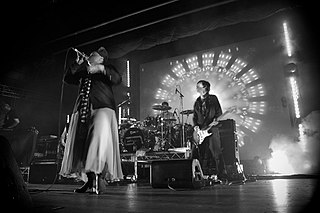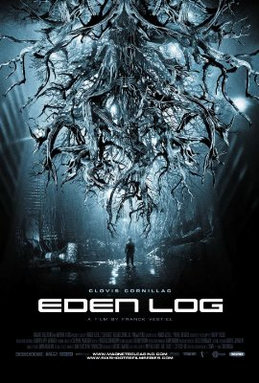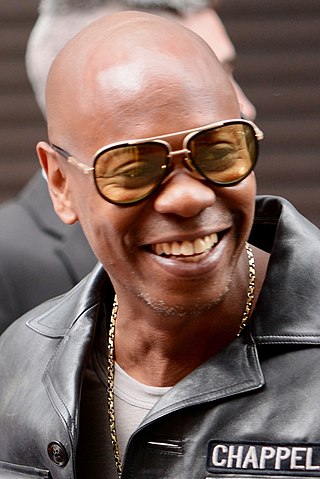Lists

1 Book
Books to check out
Sort by:
Recent Desc
More lists by Keith Harris



To Watch
List includes: Deliverance, Klute, Unsupervised
March 2022
0
@keithharris



80/90s UK Electronic Music
List includes: Groove Armada, The Chemical Brothers, Fatboy Slim
October 2021
0
@keithharris



Big Beat
List includes: Krafty Kuts, Propellerheads, Mint Royale
September 2021
0
@keithharris



Deckard: My Definition of Chill
List includes: Zero 7, Boards of Canada, Bent
September 2021
0
@keithharris



Sci-Fi To Watch
List includes: Eden Log, The Aliens, Wasted
September 2021
0
@keithharris

Podcasts to check out
List includes: No Such Thing As A Fish
August 2021
0
@keithharris



Standup Comedy
List includes: The Age of Spin: Dave Chappelle Live at the Hollywood Palladium, Dave Chappelle: Equanimity, Bill Burr: Walk Your Way Out
July 2021
0
@keithharris